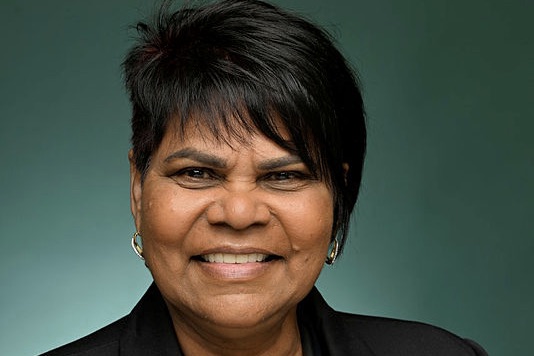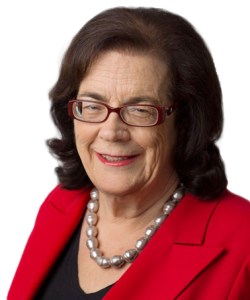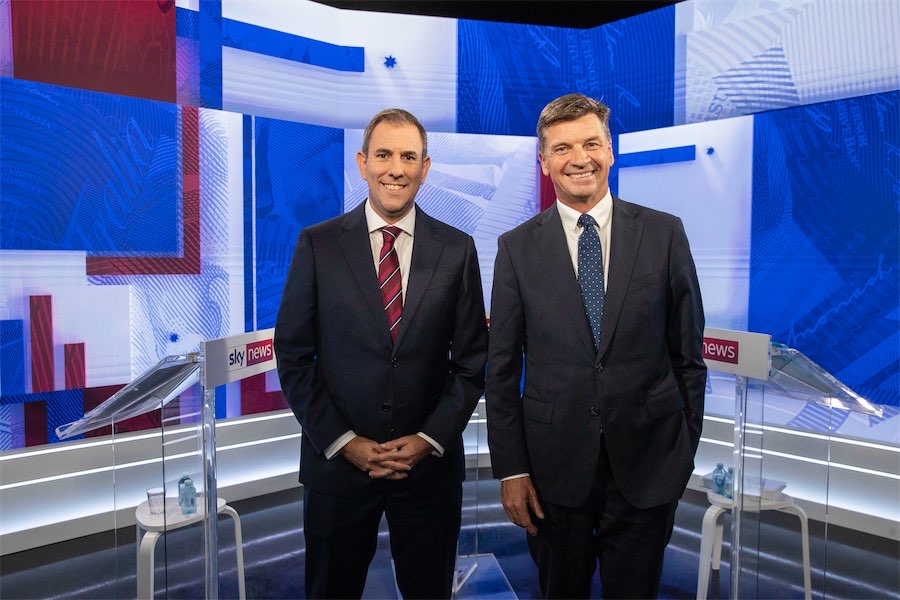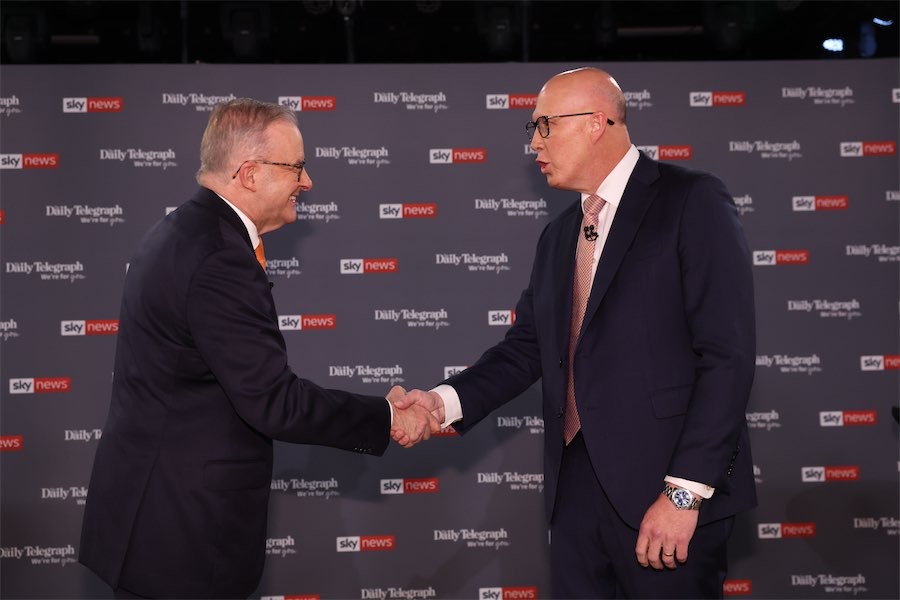
Scrymgour, a strong supporter of the Voice, warned on Monday that until what was happening in Alice Springs could be fixed, people weren’t going to be interested in the Voice, writes MICHELLE GRATTAN.
THE debate over enshrining an Indigenous Voice in the Constitution is being impeded by the Alice Springs crime crisis, according to the Indigenous Labor member for the Northern Territory seat of Lingiari, Marion Scrymgour.

Scrymgour, a strong supporter of the Voice, warned on Monday that until what was happening in Alice Springs and elsewhere in the NT could be fixed, people weren’t going to be interested in having a discussion about the Voice.
A former NT deputy chief minister, Scrymgour blamed the NT government for not acting when the federal alcohol bans expired in the middle of last year. The NT government said it would not support continuing the mandatory alcohol restrictions, which it described as race-based targeting of Aboriginal Territorians. Communities now have to choose to “opt in” to bans.
Police figures recently released for Alice Springs showed a 43 per cent rise in assaults in the year to November 30. There were also big increases in commercial break-ins and property damage.
The federal opposition has seized on the Alice Springs situation to declare the Albanese government should step in. Opposition leader Peter Dutton said the prime minister should go to Alice Springs “tomorrow”.
Asked on Sky what Anthony Albanese could do, Dutton said:
He can implement the grog ban immediately and we would support any parliamentary measure to do that. He can send Australian Federal Police tomorrow. He can provide additional funding for family services workers.
Scrymgour said she “absolutely” backed the Voice. “But I think that we can’t have these conversations if there’s all these issues that are impacting on communities like Alice Springs.
“How do we get Aboriginal people but also communities to have faith and to vote in this referendum if they don’t believe governments are listening to them?”
She said “people are under siege in their own homes”.
“People that I know that might have been sympathetic to constitutional reform and the Voice and looking at the referendum have become really frustrated because nothing has been done,” she told Melbourne radio station 3AW.
“So they’ve gone to the opposite thing of ‘well, why should we support the Voice if we can’t even get police to protect me while I’m sleeping in my own home?’”
Meanwhile, Indigenous leader Noel Pearson has warned of dire consequences if the Voice referendum fails. He said if it were kiboshed by the opposition, the chance for reconciliation would be lost forever.
As the opposition continues to ramp up calls for detail of the Voice model, Pearson dismissed this pursuit as a “complete diversion”. Detail was a matter for legislation, not for the constitution. He also rejected the idea of legislating the Voice before the referendum, saying that would be legislating under the current race provision in the Constitution, when the hook for the Voice needed to be a new provision.
Pearson reduced the issue to the simple question: “Are we going to vote ‘yes’ for reconciliation through constitutional recognition?”
“This year is the most important year in the past 235 […] and this referendum is the most important question concerning Indigenous and non-Indigenous Australians since the first fleet.
“What is at stake is the chance for reconciliation. And if this referendum is kiboshed through game playing and a spoiling game by the opposition, we will lose the opportunity I think forever,” Pearson told the ABC.
If the referendum were lost, “then I can’t see how the future will be anything other than protest. The Indigenous presence in this country will forever be associated with protest”, rather than reconciliation being achieved.
A Saturday Telegraph YouGov poll, done in NSW, found nearly a quarter (24 per cent) of people undecided about the Voice. It showed 46 per cent support for a yes vote, with 30 per cent opposed. The paper reported that more than two-thirds (68 per cent) thought the government had done a poor job in explaining how the Voice would work. The online poll was of 1069 people.
Albanese, in a round of Monday media appearances, said that at the referendum people would be voting “for two simple things”.
To recognise Aboriginal and Torres Strait Islander people in our constitution and to do it in a way which gives them voice so they are able to provide advice to the parliament on matters that directly affect them, on education, on health, on housing – on the matters [where] we need to close the gap.
The shadow minister for Indigenous Australians, Julian Leeser, said people he’d have expected to be likely to support the referendum were cautious and concerned. “They’re saying to me things like, ‘Look I want to vote yes, but I’m just not sure I can because no one can explain to me how this will work.’”
Leeser, a long-term backer of constitutional recognition, now suggests the government is “in danger of losing me because I just don’t think there’re listening”.
He accused the government of “ignoring the reasonable concerns of reasonable Australians about providing detail about how this will work”.
The Liberals are yet to announce a position on the Voice referendum, which will be held in the second half of the year, although the Nationals have said they will oppose it.![]()
Michelle Grattan, Professorial Fellow, University of Canberra. This article is republished from The Conversation.
Who can be trusted?
In a world of spin and confusion, there’s never been a more important time to support independent journalism in Canberra.
If you trust our work online and want to enforce the power of independent voices, I invite you to make a small contribution.
Every dollar of support is invested back into our journalism to help keep citynews.com.au strong and free.
Thank you,
Ian Meikle, editor







Leave a Reply